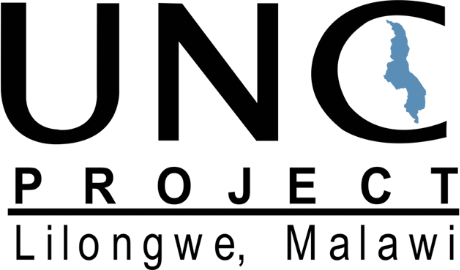M-HIRST IS May 2024
- Home
- Call for Applications
- M-HIRST IS May 2024
INVITATION
The Malawi HIV Implementation Research Scientist Training (M-HIRST) program is seeking applications from postgraduate students, academics, research scientists, program implementers or policy makers from institutions that conduct health-related research or implement HIV programs in Malawi, who have interest in or are currently conducting HIV Implementation Science (IS) activities. Applicants will complete a virtual course with the Kamuzu University of Health Sciences.
COURSE SUMMARY
Implementation science is the study of methods to promote the integration of research findings and evidence into healthcare policy and practice. It seeks to understand the behaviour of healthcare professionals and other stakeholders as a key variable in the sustainable uptake, adoption, and implementation of evidence-based interventions. The aim of this module is to equip learners with skills, theories, strategies and designs to implement evidence based global health interventions.
This course is fully funded by MHIRST and will be delivered in Blantyre from 02nd May to 5th May 2023. Successful candidates will be encouraged to apply for the MHIRST Master’s, PhD and Research Fellowships as well as the MHIRST Small Pilot Grants.
INTENDED LEARNING OUTCOMES
Upon the successful completion of this course, participants will be able to:
- (a) Apply common theories and principles of implementation science in course related projects.
- (b) Analyse evidence based interventions within public and global health.
- (c) Use examples to illustrate implementation pathways.
- (d) Apply the use of knowledge and evidence frameworks for implementation.
- (e) Select appropriate implementation strategies for specific situations.
- (f) Design an implementation science project using the concepts learnt on the course.
ELIGIBILITY
- 1. Currently enrolled in or completed a health-related postgraduate training program (Master’s degree or PhD);
- 2. Employed in an academic or research institution, government or non-governmental organization implementing HIV-related or IS programs in Malawi or have strong linkages with public institutions or non-governmental institutions that have a track history of delivering HIV and IS services.
- 3. Able to identify and conduct an IS research project at their respective institution (applicants with an identified IS research question to pursue will be prioritized).
- 4. Have a supervisor or mentor with strong background in HIV and/or IS research or service delivery.
APPLICATION PROCESS
Interested applicants are required to:
-
- 1. Fill-out an application form using the following link: IS Short Course Application Form. (DO NOT fill in the google form without submitting your PDF document).
- 2. Submit a single PDF document to the mhirstcoordinator@medcol.mw that includes a
- (a) motivation or letter of interest (not more than one page) detailing why they want to do the course.
- (b) one-page summary of their proposed HIV IS research idea.
- (c) updated Biosketch or Curriculum Vitae
ABOUT THE SPONSORS
The Kamuzu University of Health Sciences (KUHeS) was established in 2021 as a transitional university from the College of Medicine and Kamuzu College of Nursing which were then constituent colleges of the University of Malawi. Its mission is “to be an academic centre of excellence in the training of doctors and other health professionals in clinical service and medical research, responsive to the health needs of Malawi and its neighbours within the Southern African region”. Since 2015, the National Institutes of Health-Fogarty International Centre in the USA has been funding the KUHeS and University of North Carolina to establish and roll-out the Malawi HIV Implementation Science Research Training (M-HIRST) Program which aims at building and strengthening local capacity for designing and conducting research studies to generate evidence that accelerates the scale up of evidence-based HIV interventions.


